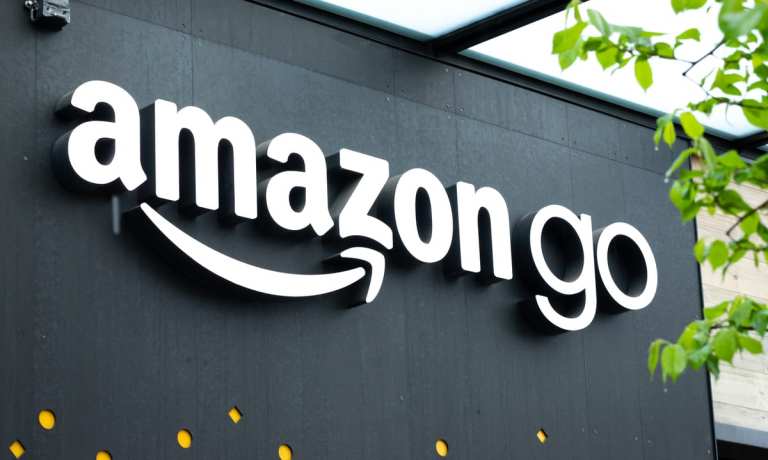
With the fourth-quarter earnings season safely behind them, the country’s top two retailers have gone back to executing the plans they just updated. The battle between Amazon and Walmart is taking on global proportions, with milestones being set in several different countries and several lines of business.
All of this, amid a week filled with growing economic and stock market concerns only somewhat tempered by the prospects that a third round of federal stimulus checks could get final approval and go out this month. If so, any broad-based direct payment of funds to consumers would deliver an almost immediate windfall flow-through effect to both companies, which together control more than 15 percent of total retail spending.
There’s also a fight brewing over the end of mask mandates in Texas and Mississippi that has already heard retailers, including Walmart, saying they would still require customers and staff to wear masks in their stores.
And if that weren’t enough, Amazon also found itself contending with a growing unionization movement in Alabama which gained public support from President Biden.
The Bank Of Walmart
Although no official confirmation has been made yet, multiple news reports this week have said the Arkansas-based retail giant has convinced two Goldman Sachs bankers to trade Wall Street for Walmart and lead the launch of the company’s new FinTech and banking unit.
Consumer banking partner Omer Ismail and colleague David Stark are said to have been tagged to replicate at Walmart what Ismail did for Goldman, which is to create a digital banking business from scratch and scale it along with new FinTech Partner Ribbit.
In six years, Ismail took Goldman’s Marcus unit from nothing to a billion dollar business with almost $100 billion in deposits and $8 billion in loans.
A Flipkart IPO?
Meanwhile, there’s word that Walmart’s eCommerce platform in India, Flipkart, is considering the possibility of an initial public offering (IPO) in the U.S. that would give it a huge dose of fresh capital to work with in its expansionary battle versus Amazon and other local players on the sub-continent.
According to news reports, the Mumbai-based unit is weighing the pros and cons of tapping the U.S. markets via a special purpose acquisition company (SPAC), which would not only allow it access markets more quickly but also to do so with greatly reduced regulatory and disclosure requirements.
These so-called “blank check” SPAC listings dominated the U.S. IPO market last year, accounting for over 50 percent of deals while raising roughly $450 billion.
If it were to happen, the listing would come at a time when Walmart itself has said it will be increasing its investment into its own business to the tune of $14 billion of capital expenditures this year.
Can’t Stop Amazon Go
It was also a busy week for the online retailing giant, which is inching ever-closer to the July 1 handover of CEO duties from founder Jeff Bezos to long-term confidante Andy Jassy.
In two separate instances, the company’s “Just Walk Out” cashierless and touchless payment system has been in the news.
First in London, where reports say the company is about to launch what will be the first of many so-called Amazon Go stores in the English capital.
Local press accounts described the touchless retail process as a glimpse into the future of shopping.
“You can pick up food and walk out without stopping to pay,” the U.K.’s Daily Mail said, “but hidden tracking sensors will then charge you via an app that customers need to download onto their mobile phones.”
At the same, the 1,000-store airport retail chain Hudson’s announced that it was opening the first of many touchless commerce locations that will use the same touchless tech that Amazon uses in its Go stores.
Rollin’ Into Poland
As much as Amazon does business in more than 200 countries, the vast majority of overseas customers are buying from the U.S. site or one of the 15 national marketplaces it operates in choice nations around the world.
As of this week, that list of country-specific sites added Poland to its ranks, in a move that is said to better serve local customers, who were previously using the eCommerce giant’s German site.
The Amazon.pl site will take its place alongside other European marketplaces, such as Amazon.uk, or Amazon.fr or Amazon.es — all of which are G7 countries and home to much larger economies. By some measures, having its own native language marketplace puts Poland into an elite group that many other nations can’t claim.
If you’re wondering, “Why Poland?” a look at OECD data shows that the country of 38 million people has an above-average level of education, a per capita GDP of nearly $34,000 and perhaps most importantly, household disposable income that’s growing by almost 3 percent per year.